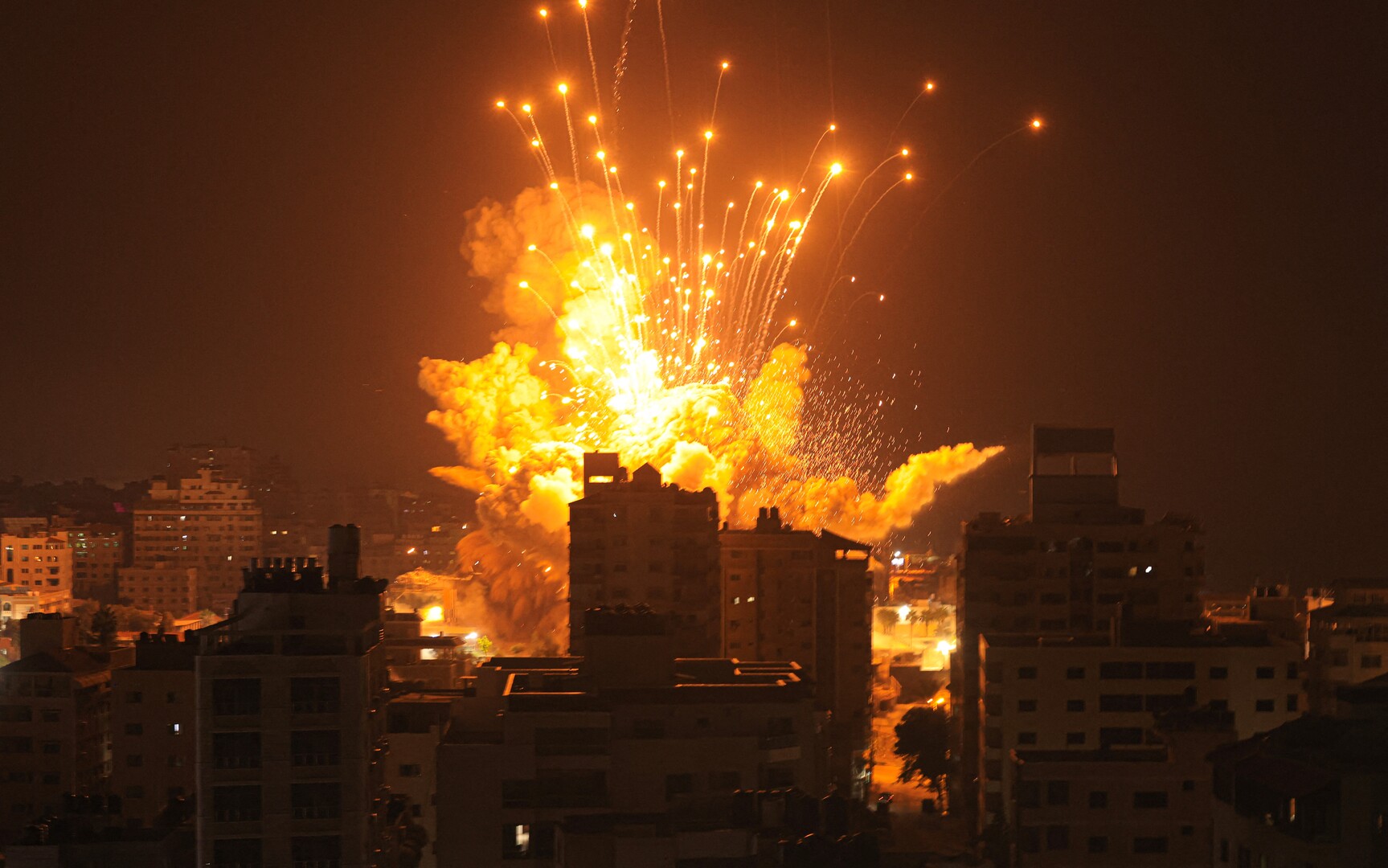RAMALLAH, April 4, 2015 (WAFA) – Israeli Special units late
Friday night stormed Palestinian prisoners' cells in the Israeli Remon Jail,
firing tear gas canisters at them and causing many to suffocate, said the
Detainees and ex-Detainees Affairs Committee on Saturday.
A report issued by the committee said that the incident came
shortly after Israeli special units brutally beat up three Palestinian
prisoners, causing them injuries. The prisoners were identified as Ibrahim Samhan, Hilmi Hamamreh
and Amir Abd An-nabi, who was transferred to Soroka Medical Center in
Beersheba, Israel, for treatment after being struck on the head.
The incident infuriated Palestinian prisoners; who protested
by chanting religious slogans and banging on the doors. In response, the units
stormed wards 5, 6, and 3, where they fired tear gas and sound grenades at
prisoners, leaving around 24 prisoners suffering from tear gas suffocation.
The prison administrations imposed further sanctions
on prisoners following the incident; including transferring prisoners to ward
seven at midnight, where they were left
without blankets to shield them from the
cold weather. The prison warders also smashed the walls and damaged
prisoners’ personal belongings and electric appliances, as well as cut off the
electric and water supply.
Meanwhile, in protest over the incident prisoners threatened
to embark on various protest measures; including going on a hunger strike. They
made several calls urging to halt the prison service’s ongoing brutal policy
committed against them.
More than 6,500 Palestinian political prisoners are
currently held in Israeli jails, of whom dozens serve multiple life sentences.
About 1,500 prisoners are believed to have health problems due to medical
negligence.
Palestinian prisoners are held in overcrowded cells that
lack basic health standards, including the infestation of insects and rats,
extreme cold and lack of heating methods, and wastewater leakage into their cells,
which further aggravates their already poor conditions.
Prisoners are often subjected to physical abuse during their
detention, interrogation and transfer between prisoners, which is prohibited by
international law.
T.R.










